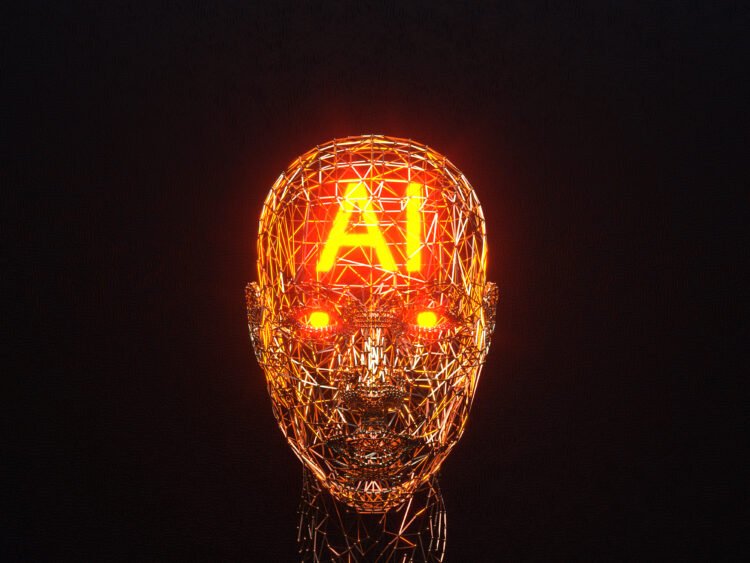Artificial Intelligence (AI) refers to the simulation of human intelligence in machines that are programmed to think and mimic human cognitive functions such as learning, problem-solving, perception, and decision-making. Here are some key points about AI:
- Types of AI: AI can be categorized into two main types: Narrow AI (Weak AI) and General AI (Strong AI). Narrow AI is designed to perform specific tasks within a limited domain, such as facial recognition or language translation. General AI, on the other hand, would have the ability to understand, learn, and apply its intelligence across a wide range of tasks and domains, similar to human intelligence.
- Machine Learning: Machine learning is a subset of AI that focuses on developing algorithms that allow computers to learn from data and make predictions or decisions without being explicitly programmed. This approach enables AI systems to improve their performance over time as they are exposed to more data.
- Deep Learning: Deep learning is a type of machine learning that utilizes artificial neural networks with multiple layers (deep neural networks) to model and analyze complex patterns in large datasets. Deep learning algorithms have achieved remarkable success in tasks such as image recognition, natural language processing, and speech recognition.
- Applications of AI: AI has numerous applications across various industries and domains, including healthcare, finance, transportation, manufacturing, entertainment, and customer service. Some examples of AI applications include virtual assistants (e.g., Siri, Alexa), autonomous vehicles, medical diagnosis systems, recommendation engines, and fraud detection systems.
- Ethical and Societal Implications: The rapid advancement of AI raises important ethical and societal questions regarding privacy, security, bias, accountability, and job displacement. As AI systems become more pervasive in our daily lives, there is a need for robust ethical frameworks, regulations, and guidelines to ensure that AI technologies are developed and deployed responsibly and ethically.
- Research and Development: AI research is a rapidly evolving field with ongoing efforts to develop more sophisticated algorithms, improve AI capabilities, and address existing limitations and challenges. Key areas of AI research include reinforcement learning, unsupervised learning, explainable AI, AI ethics, and AI safety.
- Collaboration with Humans: Despite its potential to automate tasks and processes, AI is often seen as a tool to augment human capabilities rather than replace them entirely. Collaborative approaches that combine the strengths of AI with human expertise and intuition can lead to more effective and impactful outcomes in various domains.
Overall, AI represents a transformative technology with the potential to revolutionize industries, enhance human productivity and quality of life, and address complex societal challenges. However, realizing the full benefits of AI requires careful consideration of ethical, legal, and societal implications, as well as ongoing research and collaboration across disciplines.

 English
English



























































